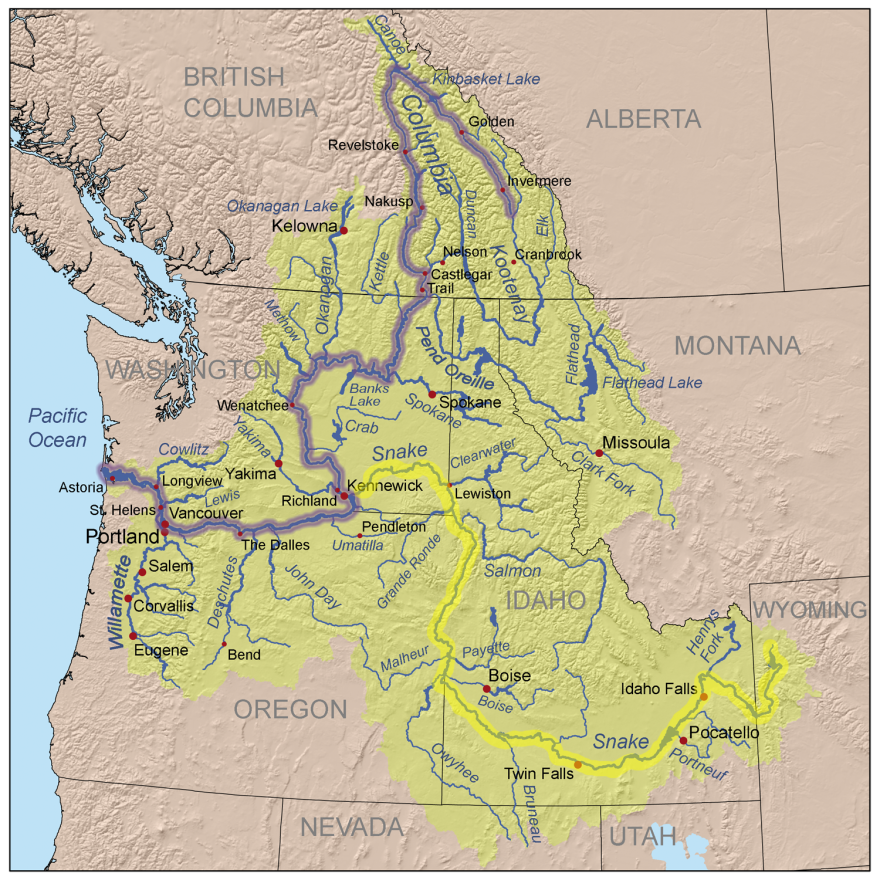The number of Steelhead trout returning to Idaho rivers from the ocean this fall was so low that Idaho Fish and Game banned Steelhead fishing on the Clearwater River.
Most years, more than 100,000 Steelhead swim up from the Pacific Ocean to the Snake River in Idaho. This year, less than a third of the usual numbers returned.
“There were some really terrible ocean conditions that started in 2015,” said Lance Hebdon, a fishery manager for Idaho Fish and Game.
These conditions, namely warmer temperatures, interfere with the cold-blooded fish’s survival. They die in the ocean and never make it back upstream.
Hebdon’s agency limited fishing in affected rivers and closed the Clearwater to Steelhead fishing entirely, in hopes to increase numbers.
This fall saw the lowest Steelhead return since Fish and Game started keeping track in the 1930s. It’s also the first time since the 70s that fishing on the Clearwater was closed.
The next Steelhead fishing season begins Jan. 1. As of now, Fish and Game is exploring three options for the new year: continuing the closure, limiting harvest or implementing catch-and-release only restrictions.
“That will all depend on how the numbers come together in the next couple of weeks,” Hebdon said.
Hebdon and his team are monitoring upcoming Steelhead returns to decide what fishing on the Clearwater will look like come January.
For more local news, follow the KBSX newsroom on Twitter @KBSX915
Copyright 2019 Boise State Public Radio




